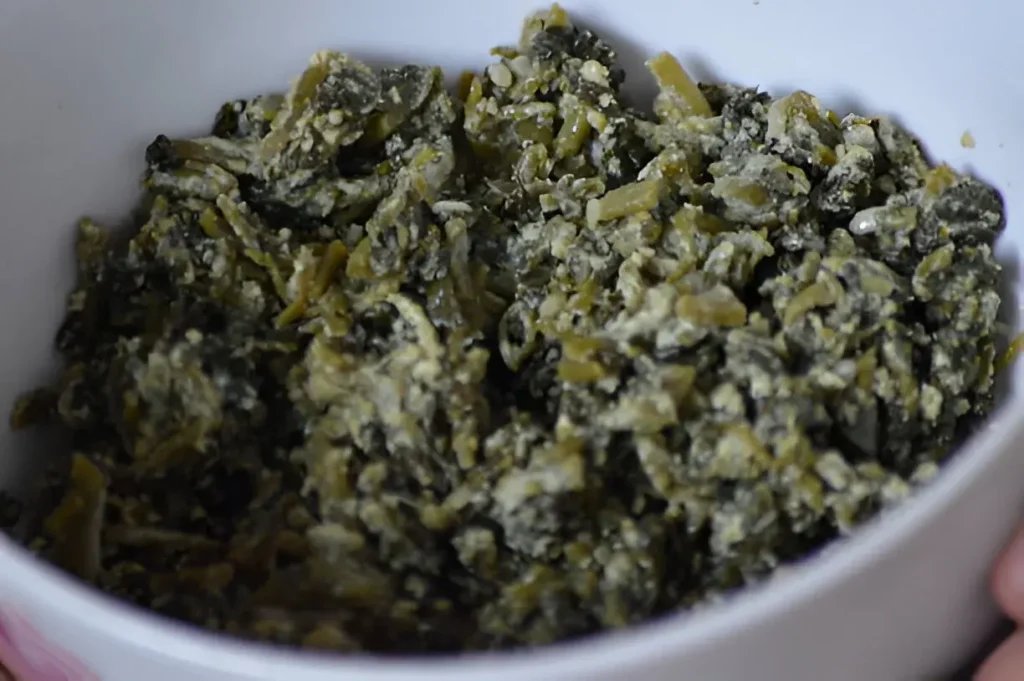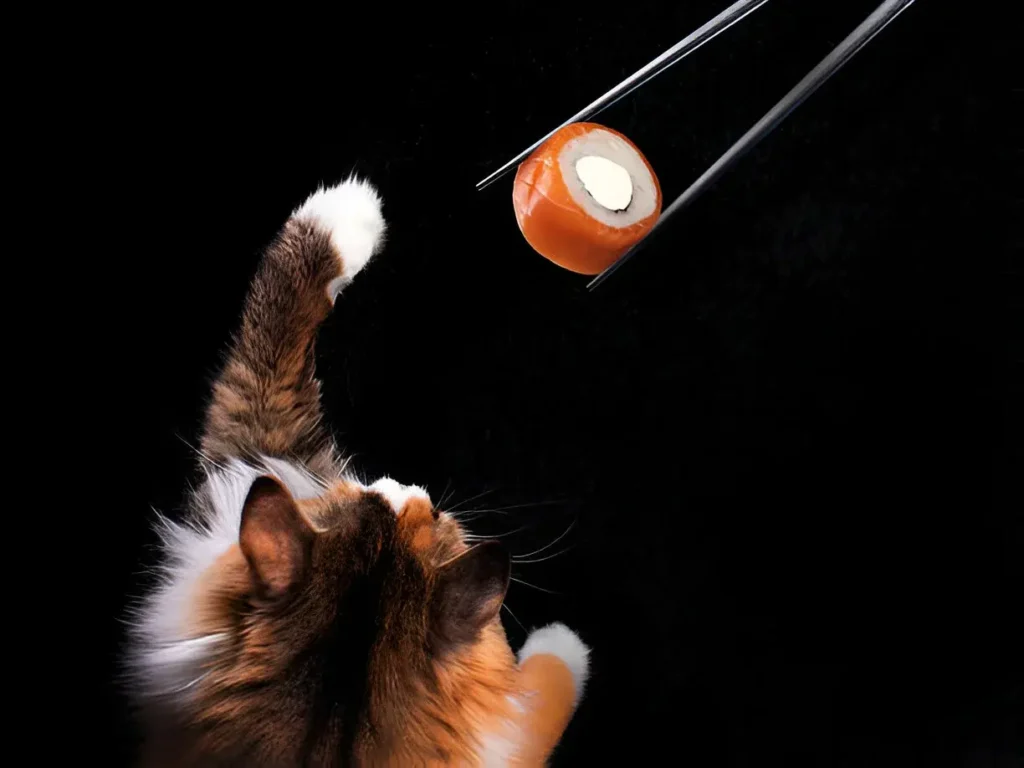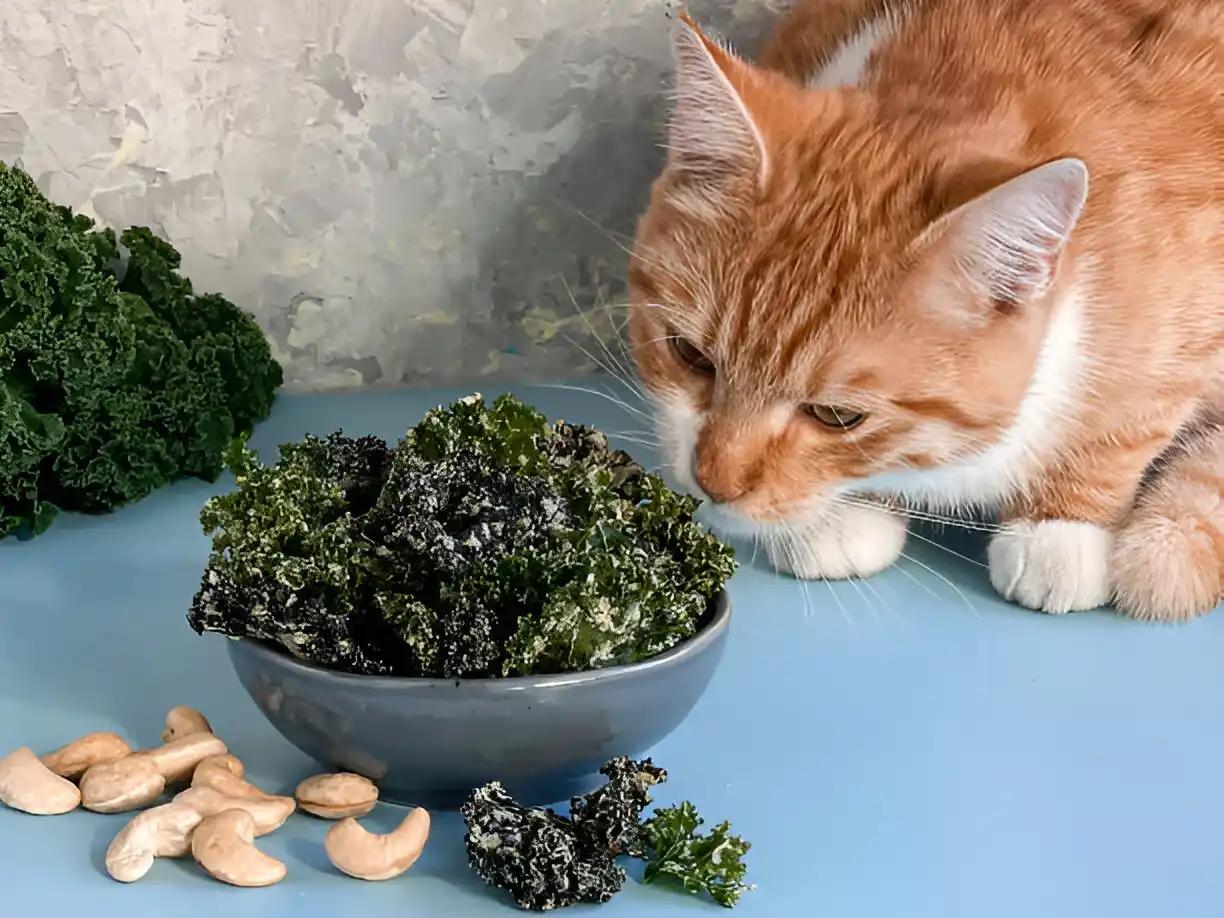Being curious animals, cats in particular will look forward to whatever new food the human beings have. Seaweed is one such food that may therefore capture the interest of these patients. Can cats eat seaweed safely and enjoy this tasty seafood? Let’s dive into the sea of seaweed and our feline companions to explore the answer.
Nutritional Advantages
Seaweed is a type of floating plant that has several minerals that are important in the body of a feline. It’s a rich source of:
- Minerals and Vitamins: The seaweed contains minerals such as iron, calcium, and iodine while Vitamins are; vitamin A, vitamin B1, vitamin B2, and vitamin B6. These nutrients are useful in the skin and coat, the muscles as well as the immune system of the body.
- Omega-3: They improve heart health, decrease infection, and enhance brain fitness and other related qualities.
- Fiber: Seaweed is useful for the digestive technique and it will be great if your cat is suffering from constipation.
- Antioxidants: These compounds have the ability to act as antioxidants battling the free radicals that cause mayhem on most of the tissues of the body.
Introduce Seaweed Diet
When introducing seaweed to your cat’s diet, it’s important to choose the right type and prepare it properly:
- Choose the Good Kind: Choose sea vegetables that are neither fried nor marinated, and have no added seasoning, preservatives, MSG, or excessive salt. Among marine products, sea sanctity known as ‘nori’ a type of red seaweed is commonly used to prepare feline treats.
- Prepare it Properly: In order to prevent children from choking, chop the seaweed into smaller portions. It is also fine to dust it over their normal meals or give it to them in the form of treats.
- Start Slowly: Feed your cat the seaweed in moderation to see how your cat will react to it. While other cats may even be more responsive to this new food type than others would be to old food.
- Vet Consult: It is always important to seek guidance from your vet when considering a new diet for your felines specifically when the cat is sick.
Potential Risks and Considerations

While seaweed offers numerous health benefits, it’s essential to be aware of potential risks:
- Excessive Iodine: Seaweed which is also a natural source of vitamins, especially vitamin A is recommended because it contains iodine which is important for the thyroid.
- Allergies: Some cats may have sensitive stomachs that could produce an adverse reaction when fed on some types of seaweed foods.
- Choking Hazard: As I have mentioned earlier it is recommended to chop the seaweed into small parts to decrease the possibility of choking.
Cats Might Love Seaweed
Seaweed also has a unique tough texture and a little salty taste which can make it a good snack for cats. Cats are termed obligate carnivores and therefore they are supposed to survive on animal-parts based proteins, a few pieces of seaweed can enrich their meals. It is some means of expanding what they take while at the same time improving their nutrient density.
Omega-3
Seaweed is a useful source of EPA and DHA, omega-3 fatty acids, that help maintain skin and fur health, reduce infection, and promote joint wellness. Seaweed can also increase circulation and overall health of the heart when administered to a cat’s diet.
Role of Iodine in Seaweed
Seaweed is particularly rich in iodines and is very useful in thyroid gland functions. However, care should be taken not to feed the cat with excessive amounts of seaweed this can lead to thyroid complications. Although iodine is an important element, used as a supplement nutritional table, its consumption should not be very high or very low.
Fiber and Digestive Health
Fiber within seaweed moderates the digestion process in your cat. It can help to solve the problem of constipation, develop the microflora of the intestine, and improve the general condition of the intestines. Perhaps the use of seaweed is beneficial for cats that every now and then have stomach problems.
Antioxidant Properties
Seaweed’s antioxidant components prevent damage to the cat’s cells. These antioxidants help combat free radicals resulting in inflammation and weak immunity. Cats fed on small amounts of seaweed may be said to withstand better shed coats and enhanced vitality.
Choosing the Finest Seaweed

But the seaweed for crabmeat stuffing is different from that for making sushi. To ensure your cat enjoys its benefits without risks, consider these tips:
- Use unsweetened and unsulphured products if you can, specifically the fruit cups.
- Seafood should preferably be fresh and should not have seaweed that contains salt, spices, or preservatives.
- Instead use natural derivatives such as; Transformed or processed forms like;
How to Safely Serve Seaweed
When serving seaweed to your cat, always prioritize safety:
- Chop it into very thin small portions or squash it.
- It would make a great snack rather than a meal replacement so it should still be consumed now and then every once in a while.
- Make sure not to give your cat any negative symptoms by closely observing it.
[wptb id=2599]
Types of Seaweed
- Nori: Most commonly used in sushi.
- Kelp: Mineral rich brown seaweed for human consumption.
- Spirulina: A water form of growth containing proteins and amino acids belonging to the blue green algae family.
- Chlorella: A kind of algae that contains fiber and antioxidants, it is good for health.
Benefits
seaweed can be a beneficial treat for your cat:
- Helps support the skin’s natural luster and to give your horse a shiny coat.
- They also have the effect of improving the health of the gut with a bonus of containing prebiotics.
- Can supply the body fluid with substances needed naturally.
Conclusion
Although, if given in moderation, seaweed is a good and healthy food that your cat will surely like. It gives the body nutrients needed, improves health, and gives fun to meals. However, before using it for cooking it is advisable to put a small amount of seaweed and monitor the response from your cat. Some of the mentioned recommendations.
FAQ’s
Is seaweed safe for pets?
However, plain, unseasoned seaweed in small quantities is not toxic to pets and in fact has many health benefits for them.
Is dried kelp ok for cats?
Yes, it is okay for cats, but the kelp has to be dried and unsalted and no seasonings are to be added to the food.
Is it OK for cats to lick salt?
No, it’s not okay for cats to lick salt too much. Excessive use of salts results in depriving body fluids, sodium ion toxicity, or some other health complications. They should also always check their sodium levels.
What aren’t cats allowed to eat?
Read more blogs related to this topic
- Cat Breeds in India Guide
- What Cat Breed Should I Get? Choosing the Right Felines
- Mink Cat A Unique Breed and Facts

